As we bid farewell to Ramadan, the sacred season of virtue, I extend heartfelt wishes of Eid-ul-Fitr to all those celebrating this festival of love and brotherhood today and tomorrow.
About 35% of the population in Ethiopia is Muslim; therefore, the influence of the Gulf countries can be seen in their culture and food. Some of my favourite restaurants were Lebanese, Turkish, Yemeni, and Sudanese. Biryani at Hotel Sana’a next to my office and Mendi at Lem Lem Hotel used to be our favourites.
The Golden City Of Sana’a
Once during Ramadan, in August 2008 or 2009, we came home on a flight to Delhi via Yemen. It was only when we got off at Sana’a for transit that we found out that the connecting flight was delayed. The flight was the next morning, so the airline offered to take us to a hotel to stay.
That’s how I set foot in a Middle Eastern country for the first time. The first thing that caught my eye was the golden colour of the atmosphere! A yellow tone that I have never seen in Kerala or Ethiopia. Have you witnessed the beauty of some evenings before dusk, when the whole sky turns yellow and a golden glow envelops everything around us? This was something like that but with the added intensity of the sun.
So off we went to the hotel in a minibus. What a beautiful city Sana’a is!! Clean, wide roads with no traffic. Beautiful mosque minarets and domes, buildings with beautiful architecture—we didn’t even have a camera in our hands, so all these are memories that stay only in my eyes!
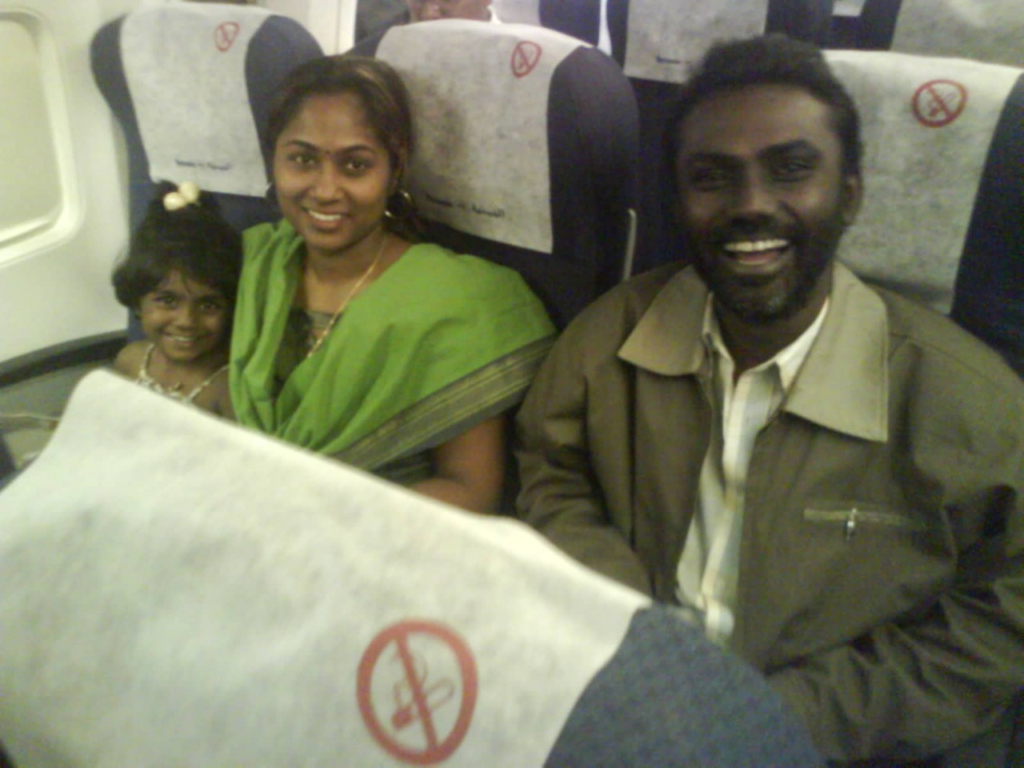
A Ramadan Iftar
Just when we thought we could eat something after we reached the hotel, we realised that everyone was on holiday because it was the month of Ramadan and the kitchen was closed until the evening. That means we are starving until the breaking of the fast at sunset! We couldn’t go out either, because we didn’t have a visa. Even otherwise, all the shops were closed. We requested the hotel staff make some arrangements as some of us had kids travelling with us. Luckily, they somehow brought us biscuits, bread, and juice!
We came to the room and slept for the rest of the afternoon. There was no sunlight in the room, stinging us like outside. Lucky for us, the room was very dark and cool due to the thick velvet curtains!
When the small shops inside the hotel opened in the afternoon, we went shopping. I still remember buying a beautiful black velvet-heeled sandal studded with white stones.
The buffet opened at six o’clock. That’s how we attended an Iftar for the first time, unexpectedly. My memory is hazy, and I can’t remember what I ate. We slept well and said goodbye to Sana’a the next morning.
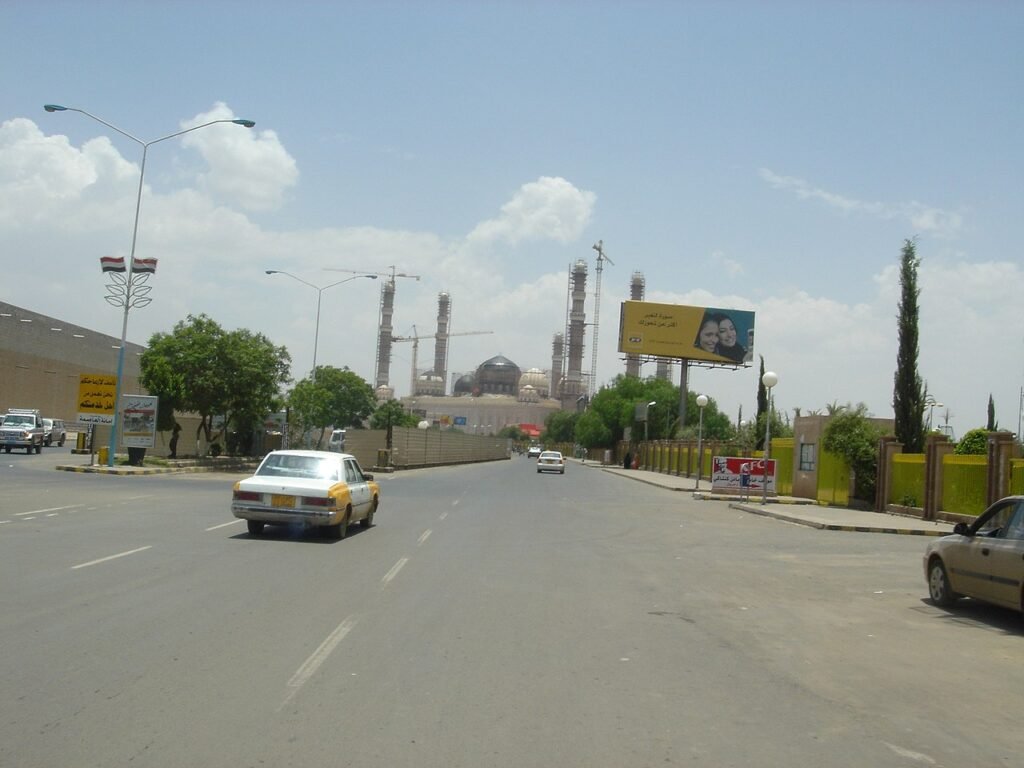
The Significance of Ramadan
But let’s delve a bit deeper into the significance of Ramadan. Ramadan, the ninth month of the Islamic calendar, holds profound significance as it marks the period when the Holy Qur’an is believed to have been revealed to Prophet Muhammad (PBUH). In Arabic, the term “Ramad” symbolises the unexpected rain that rejuvenates the parched land during the scorching summer.
Also known as Eid ul-Fitr, Ramzan is a month characterised by fasting and spiritual rituals. The culmination of this month-long observance is marked by a joyous feast on the last day of fasting. Throughout Ramadan, individuals engage in continuous recitation and prayer of the Qur’an while abstaining from food and drink from sunrise to sunset.
Fasting during daylight hours entails not only refraining from physical nourishment but also from expressions of emotion, unnecessary speech, actions, and arguments, as devotees immerse themselves in divine remembrance. The pre-dawn meal, known as “Suhur,” is consumed from midnight until sunrise in preparation for the day’s fast.
Breaking the fast, known as “Iftar,” occurs with the first sip of water or morsel of food after hearing the evening prayers. Additionally, Muslims are required to fulfil the obligation of “Zakat,” a form of religious charity aimed at aiding those in need during Ramzan.
The customary Arabic greeting “Eid Mubarak” resonates with festive joy and serves as a warm expression of goodwill and blessings exchanged during this auspicious time.
Let me stop here with these golden-coloured memories… Time to go to an iftar party with friends!!
Ramadan Kareem to all!







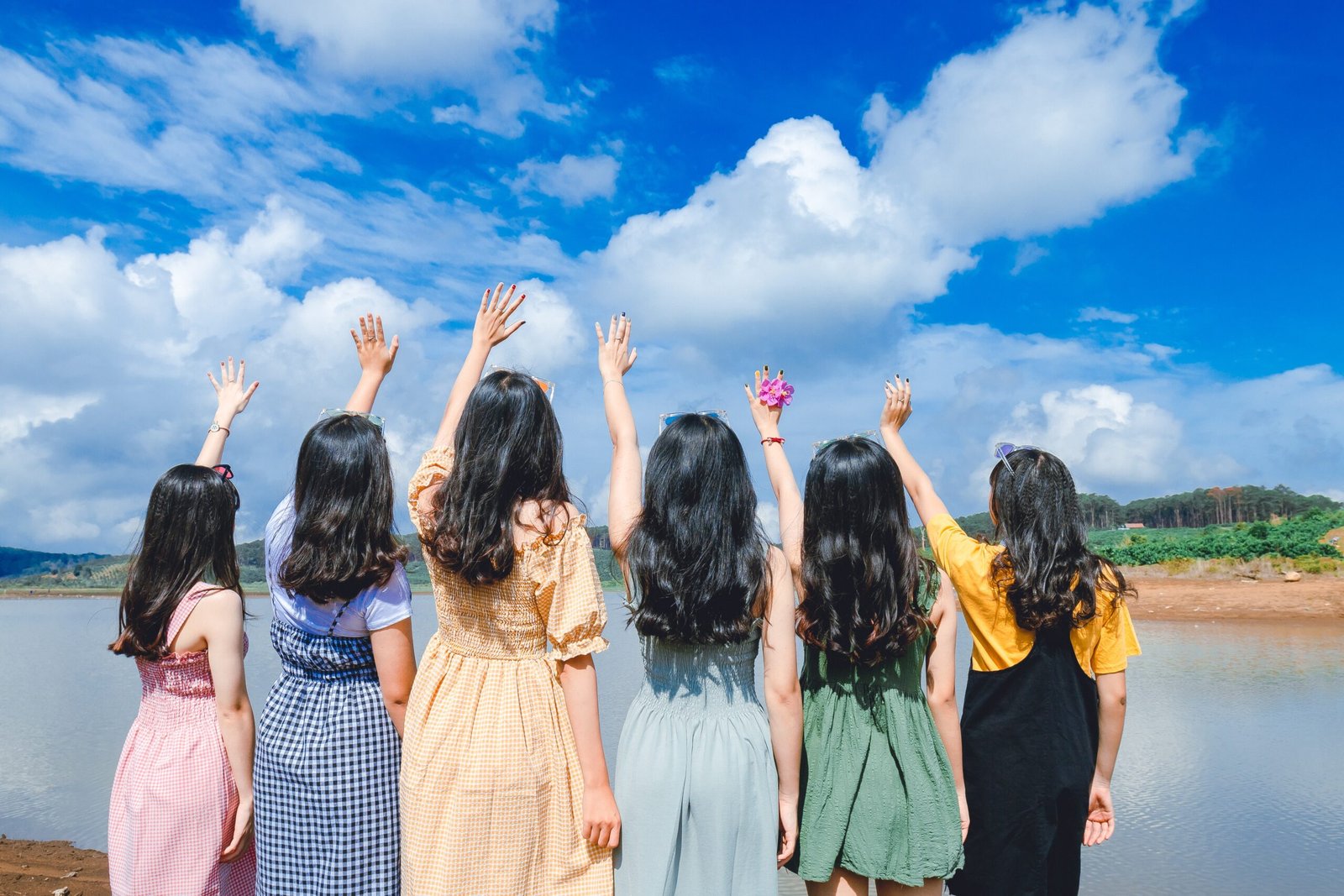

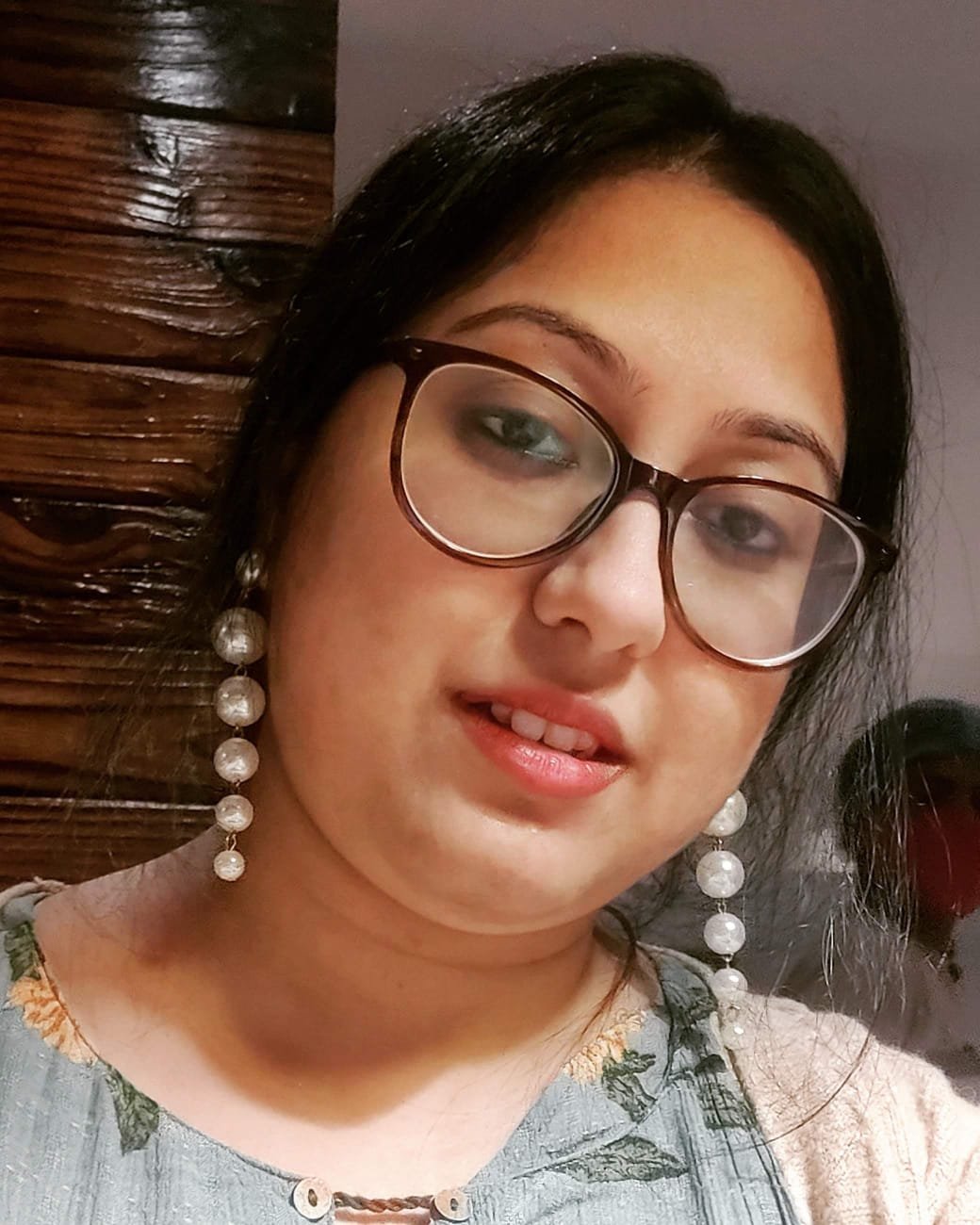
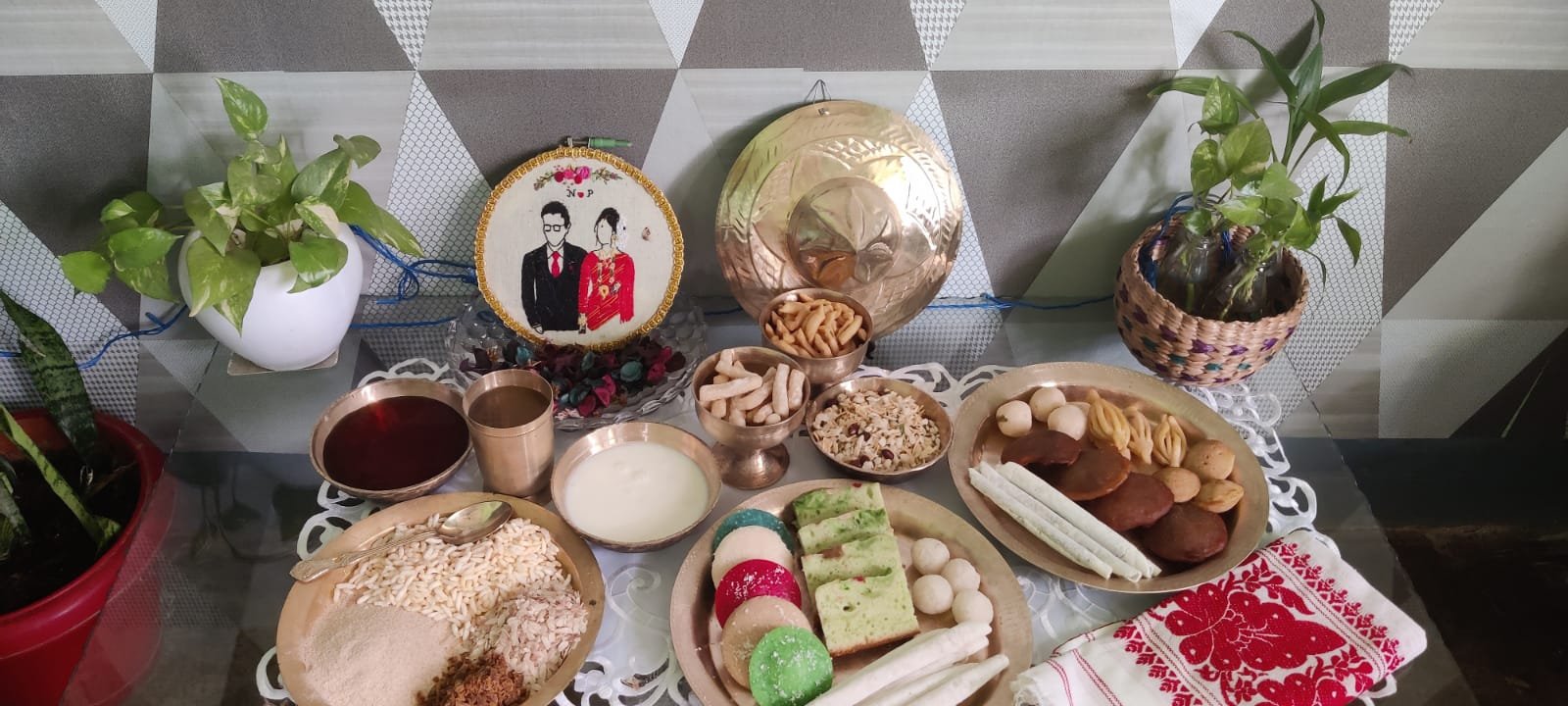
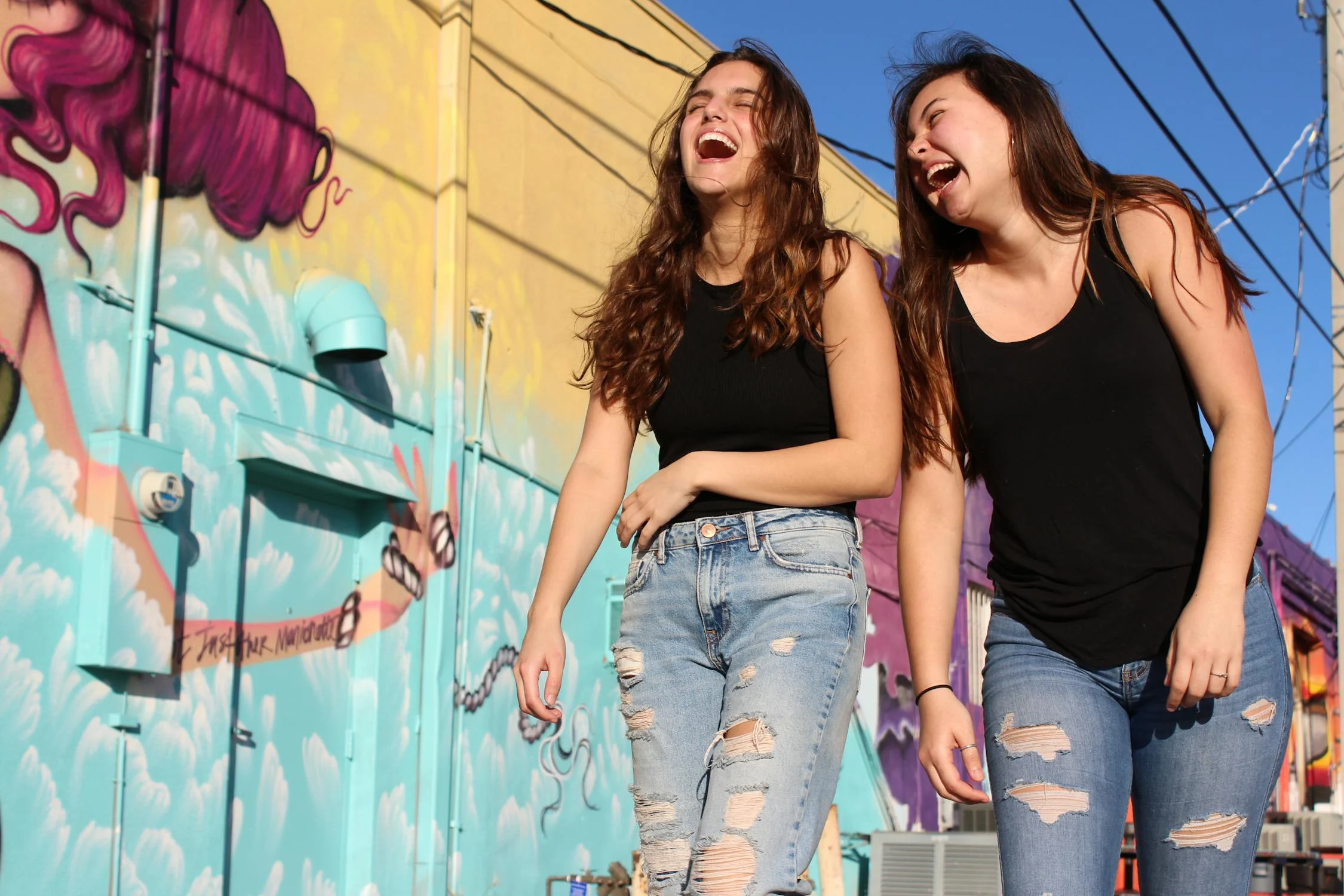

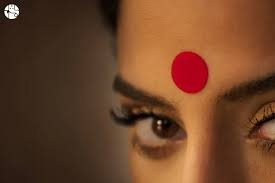
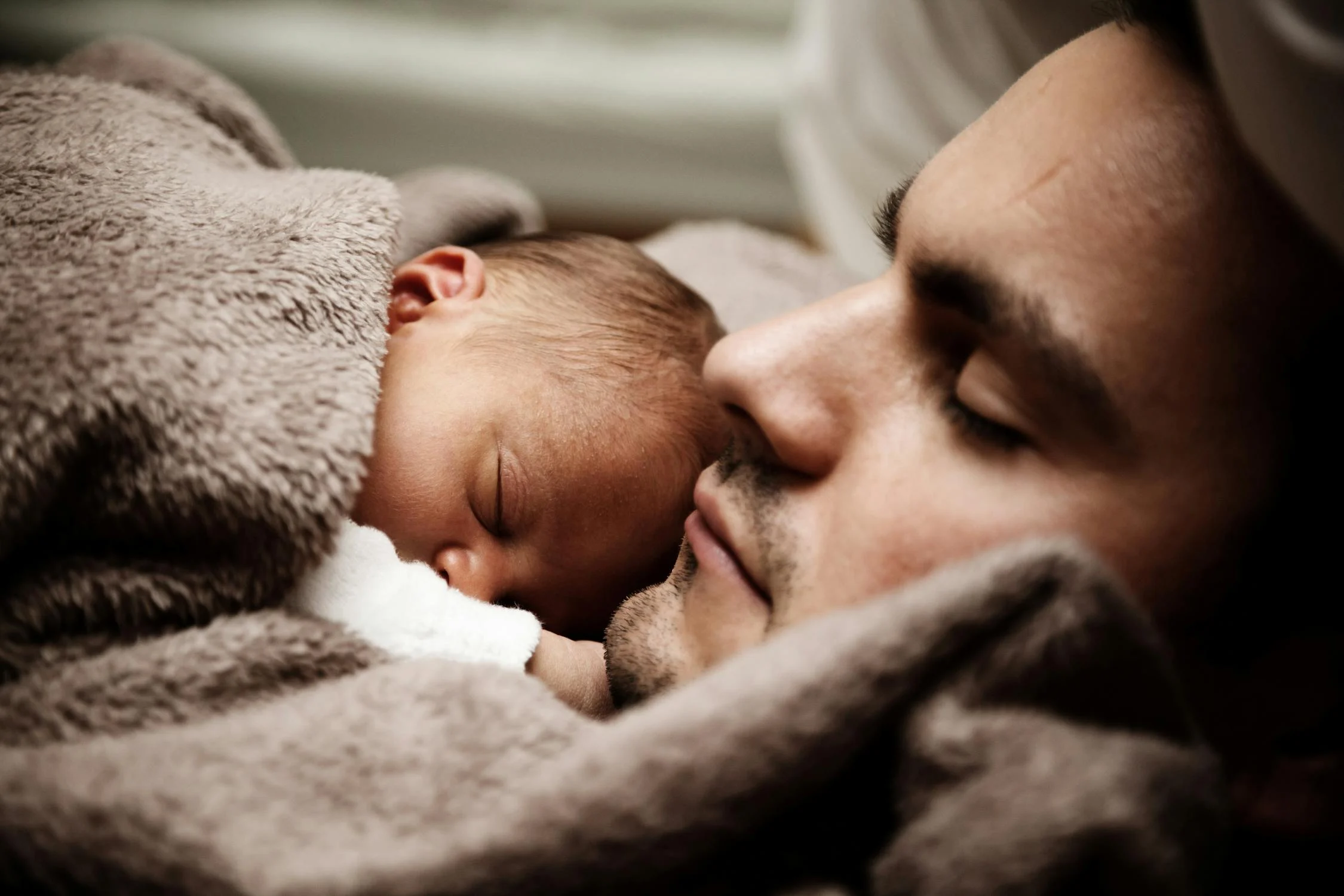

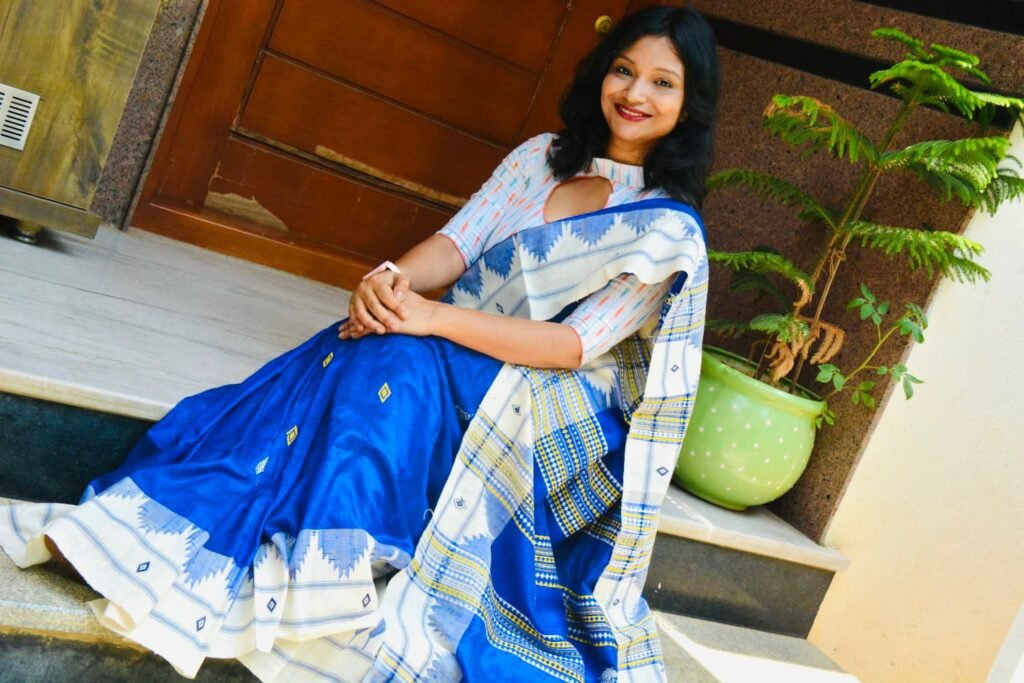
Facebook Comments